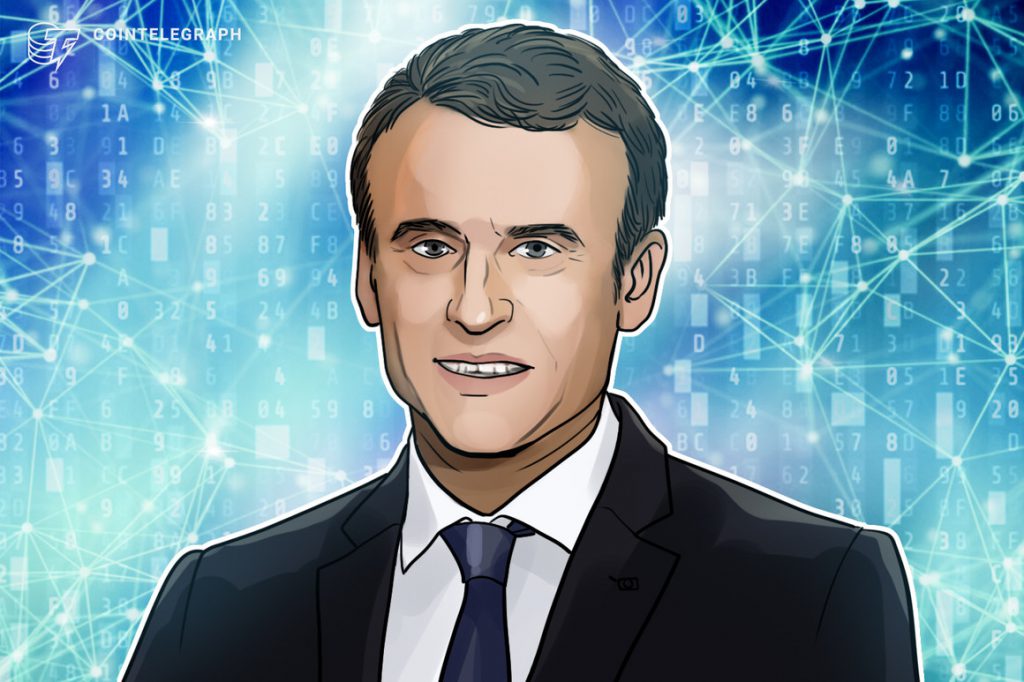Mere days before the second round of the fateful presidential election in France, the incumbent President of the Republic, Emmanuel Macron, sat down with local media to share his thoughts on the digital economy — a subject he didn’t speak on much before. While emphasizing the importance of the sector, Macron once again reiterated his support for the pan-European approach to financial technology regulation.
The interview with French publication The Big Wale came on April 22, two days before the runoff that will see Macron face the right-wing populist Marine Le Pen. According to most polls, Macron is more likely to win, yet the margin is expected to be very thin. In the 2017, he outpaced Le Pen with 66.1% of the vote in the second round.
Responding to a sequence of questions about digital economy, Web 3.0 and crypto, the incumbent President stood firm by his trademark cautiousness toward innovation:
“It represents […] an opportunity not to be missed […] for France and Europe to lead the future generations of the web. But it is also a social and societal challenge.”
Macron seemed pleased to note how number of French unicorn companies — that is, private startups valued at $1 billion or more — rose from 3 to 26 during his presidential term, while overall investments in French startups increased fivefold. He also mentioned setting the bar at 100 French companies with a unicorn status and 10 being European giants by 2030.
One way to achieve that, Macron said, would be expanding code learning in public schools to train 400,000 to 500,000 additional developers over the next five years.
The president also elaborated on his earlier mention of the “European metaverse,” saying that it is important that European players do not depend on American or Chinese technological giants in “mastering the technological building blocks associated with Web3.” Europe, he maintained, has an edge in the NFT sector due to its imense cultural heritage. Macron said:
“We cannot consider our cultural policy without this revolution. I want our main cultural institutions to develop an NFT policy, by promoting, disseminating and protecting the digital twins or variations of their physical collections.”
Commenting on the recent European Parliament regulations of crypto, Macron supported the current approach (and the MiCA framework specifically), noting that the new rules should not hinder innovation:
“I don’t believe in a self-regulated financial sector. This would be neither sustainable nor democratic. It is up to the public authorities to define the right conditions to allow the sector to develop in confidence while encouraging innovation.”
The 44-year-old politician also vocally supported the digital euro project, which has been getting pushback from the public recently.


